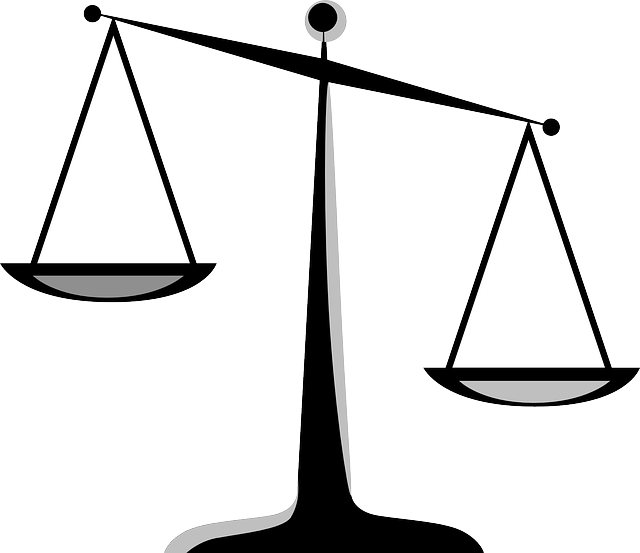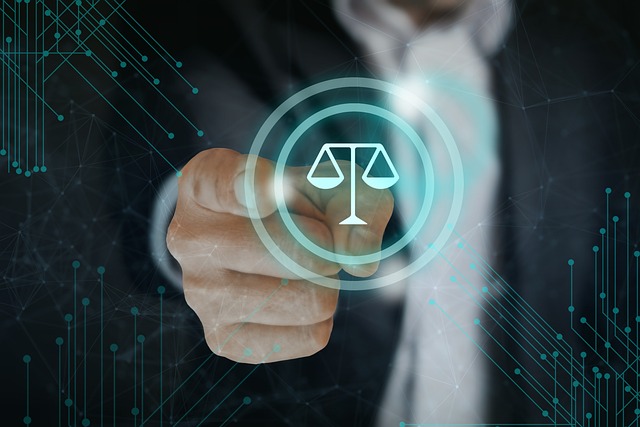Environmental Crime Trials are a growing legal field, with regulatory bodies like the U.S. Securities and Exchange Commission (SEC) playing a crucial role of SEC in securities law enforcement by prosecuting corporate environmental violations. Through complex trials and significant penalties, the SEC ensures compliance, deters future transgressions, and safeguards investors. High-profile cases against polluters and greenwashing schemes highlight the SEC's commitment to environmental protection while maintaining market integrity. This expanded role is vital for navigating evolving financial and environmental crimes, promoting sustainable practices, and upholding justice.
“Uncovering environmental crimes is a growing priority, with significant implications for securities law. ‘Environmental Crime Trials’ explores the intersection of these two domains, focusing on the role of regulatory bodies like the U.S. Securities and Exchange Commission (SEC). This article delves into the legal framework surrounding environmental trials, examining how the rise of environmental law has influenced securities regulation. We analyze the SEC’s authority in investigating fraud, present notable case studies, and discuss potential enhancements to strengthen the agency’s role in protecting investors and the environment.”
- Understanding Environmental Crime Trials: A Legal Perspective
- The Rise of Environmental Law and Its Impact on Securities Regulation
- SEC's Authority: Investigating Environmental Fraud in the Securities Market
- Case Studies: Notable Environmental Crime Trials and Their Outcomes
- The Future of Enforcement: Enhancing SEC's Role in Protecting Investors and the Environment
Understanding Environmental Crime Trials: A Legal Perspective

Environmental Crime Trials, a burgeoning field in legal practice, delve into the intricate web of environmental regulations and their violation. These trials play a pivotal role in holding corporations and individuals accountable for damaging our planet, serving as a deterrent to future transgressions. From air pollution to water contamination, these cases span a wide array of eco-unfriendly activities.
The Securities and Exchange Commission (SEC), instrumental in Securities Law Enforcement, often finds itself at the forefront of these trials. The SEC’s mandate extends beyond financial markets, encompassing environmental protection as well. It investigates and prosecutes corporate entities engaging in fraudulent or illegal conduct that results in environmental degradation, ensuring justice is served. The potential for a complete dismissal of all charges hangs over defendants, providing a crucial incentive to adhere to environmental regulations. These trials, featuring complex legal arguments and expert witness testimonies, culminate in jury decisions that set precedents for future cases, shaping the landscape of environmental crime prosecution.
The Rise of Environmental Law and Its Impact on Securities Regulation

The rise of environmental law has significantly shaped the landscape of securities regulation, emphasizing the interconnection between corporate actions and their ecological impact. As public awareness of environmental issues grew, legislative bodies worldwide introduced stringent laws to hold businesses accountable for their environmental crimes. This shift led to a stronger focus on enforcement, with regulatory bodies such as the U.S. Securities and Exchange Commission (SEC) playing a pivotal role in ensuring corporate responsibility.
The SEC’s involvement in securities law enforcement has expanded to include environmental violations. By investigating and prosecuting companies engaged in fraudulent activities that harm the environment, the SEC not only safeguards investors but also promotes sustainable business practices. This strategic approach ensures that the respective businesses are held accountable for their actions through jury trials, with the potential consequences impacting their long-term viability. The SEC’s active role serves as a deterrent, encouraging companies to prioritize environmental stewardship while protecting the interests of shareholders and the public at large.
SEC's Authority: Investigating Environmental Fraud in the Securities Market

The Securities and Exchange Commission (SEC) plays a pivotal role in enforcing securities law and investigating environmental fraud in the financial markets. With its broad authority, the SEC has the power to oversee and regulate public companies, ensuring they adhere to environmental regulations and disclose any potential risks associated with their operations. This oversight is crucial in preventing white-collar crimes, where corporations and individuals engage in fraudulent activities for financial gain.
In recent years, the SEC has been increasingly active in holding companies accountable for environmental misconduct. Through its robust investigative capabilities, it uncovers cases of pollution, waste management, and other ecocrimes that may also have implications for investors. The SEC’s ability to win challenging defense verdicts demonstrates its commitment to upholding environmental standards and protecting investors. This not only serves as a deterrent for potential perpetrators but also reinforces the agency’s position as a key player in both general criminal defense and securities law enforcement.
Case Studies: Notable Environmental Crime Trials and Their Outcomes

Environmental Crime Trials have brought to light some remarkable case studies that highlight the importance of robust legal frameworks and enforcement agencies like the Securities and Exchange Commission (SEC) in securities law enforcement. One notable example is the prosecution of a multinational corporation for illegal dumping of hazardous waste, leading to significant fines and corporate reforms. The SEC’s involvement ensured not only punitive measures but also enhanced transparency and accountability within the respective business operations.
Another high-stakes case involved a fraud scheme where a company misled investors about its environmental practices. The trial resulted in substantial monetary penalties and sent a strong message that greenwashing or deceptive environmental claims would not be tolerated. This outcome underscored the SEC’s crucial role in upholding ethical standards and protecting both investors and the environment, particularly in securities-related environmental crimes.
The Future of Enforcement: Enhancing SEC's Role in Protecting Investors and the Environment

The Securities and Exchange Commission (SEC) plays a pivotal role in securities law enforcement, extending its reach beyond traditional financial markets to encompass environmental protections. As environmental crimes become increasingly complex and high-stakes, the SEC’s expertise in investigating white-collar and economic crimes positions it as a key player in holding perpetrators accountable. The commission’s ability to pursue injunctions, civil penalties, and even complete dismissal of all charges makes it a formidable force against polluters and corrupt corporations.
By leveraging its authority, the SEC can enforce environmental regulations effectively while also ensuring market integrity. This dual approach not only protects investors but also fosters sustainable business practices, encouraging companies to prioritize environmental stewardship over illicit gains. As the landscape of financial and environmental crimes evolves, the SEC’s enhanced role is crucial in navigating these intricate matters and upholding justice for both investors and the environment.
Environmental crime trials play a pivotal role in upholding the integrity of securities markets and safeguarding investors. As the legal landscape evolves, the Securities and Exchange Commission (SEC) emerges as a key guardian against environmental fraud. By leveraging its authority under securities law enforcement, the SEC can effectively investigate and prosecute eco-criminal activities, ensuring corporate accountability. The case studies presented highlight successful outcomes, demonstrating the impact of these trials in deterring future violations. Moving forward, strengthening the SEC’s role in environmental protection is essential to foster sustainable business practices, protect investors, and preserve our planet for future generations.






